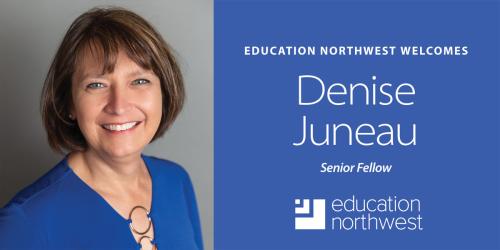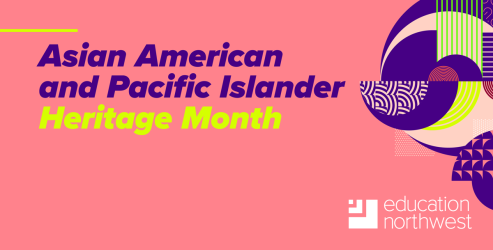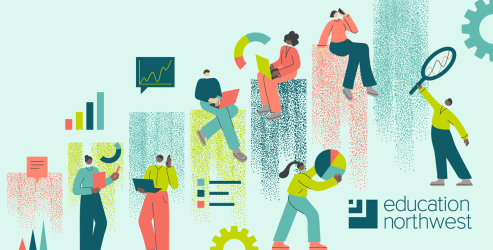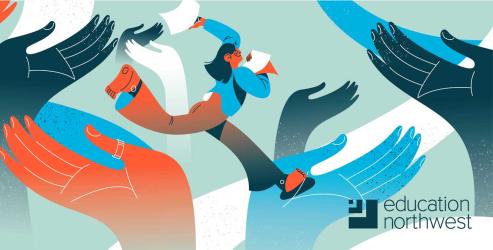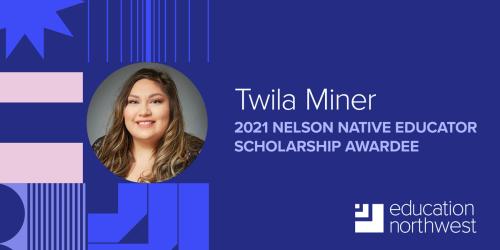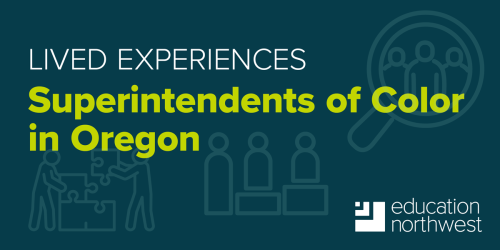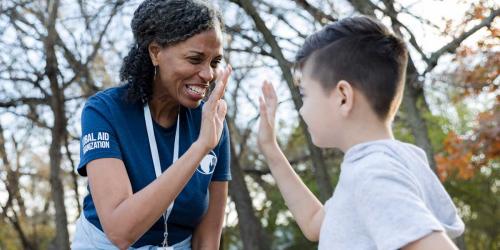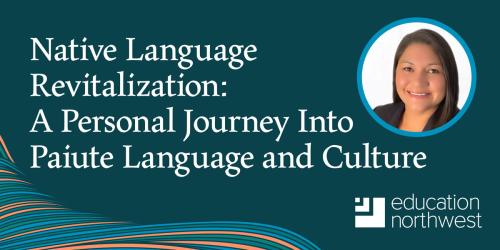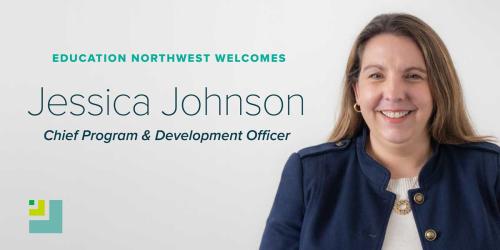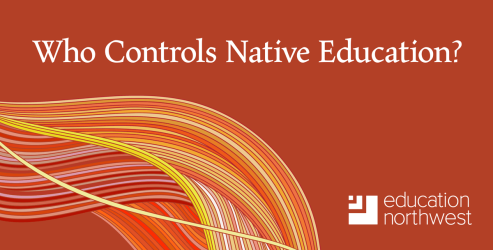This month, Education Northwest has much to celebrate as we welcome eight new team members from six different states!
Accountability indicators contained within the federal Strengthening Career and Technical Education for the 21st Century Act have a profound effect on career and technical education (CTE).
Denise Juneau brings expertise in Native and culturally responsive education, equity, and student voice to Education Northwest.
Learn, teach, and celebrate the diversity of Asian American and Pacific Islander culture, history, and heritage.
Wyoming is using data from its Preschool Development Grant evaluation to strengthen education systems for the state’s youngest residents.
Our new study highlights creative solutions to encourage educators to earn dual credit teaching credentials.
A collective, holistic approach to well-being in schools can lead to better working conditions for educators and better learning conditions for students.
The Montana State University graduate student centers Native student experiences with financial aid in her work and research. Throughout her life, Twila Miner (Oglala Lakota) has found herself living in two worlds.
Explore a 2022 report on the lived experiences of superintendents of color in Oregon.
In honor of National Mentoring Month, we reflect on the important role mentors play (especially during the COVID-19 pandemic) and provides some mentoring-related resources.
Education Northwest announces new Chief Financial Officer, a leader in the education professional services field.
An expert shares how program-level CTE staff can use data they already collect to make programs more equitable and accessible.
Kellie Harry is a senior advisor in Native and culturally responsive education and shares her personal story of learning her native Paiute language and advocating for its revitalization.
Jessica Johnson, a highly skilled and experienced leader in the education professional services field, is joining Education Northwest as Chief Program & Development Officer.
Mandy Smoker Broaddus, Kellie Harry, and Sarah Pierce share reflections from the National Indian Education Association’s annual convention and its theme of Native Control of Native Education.


